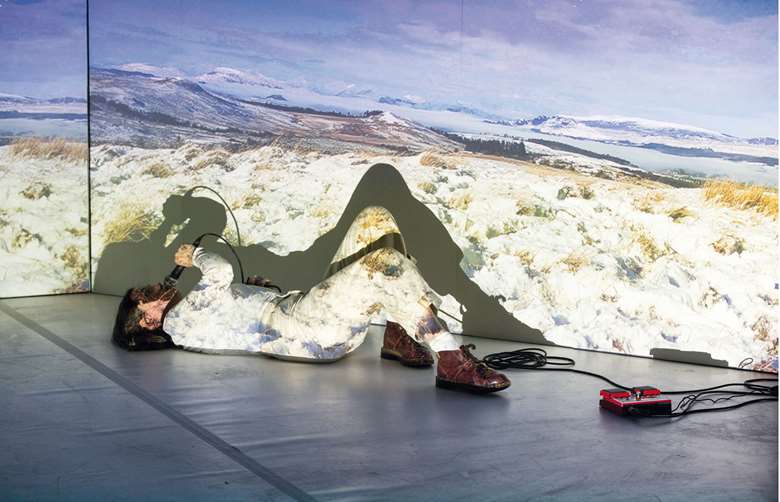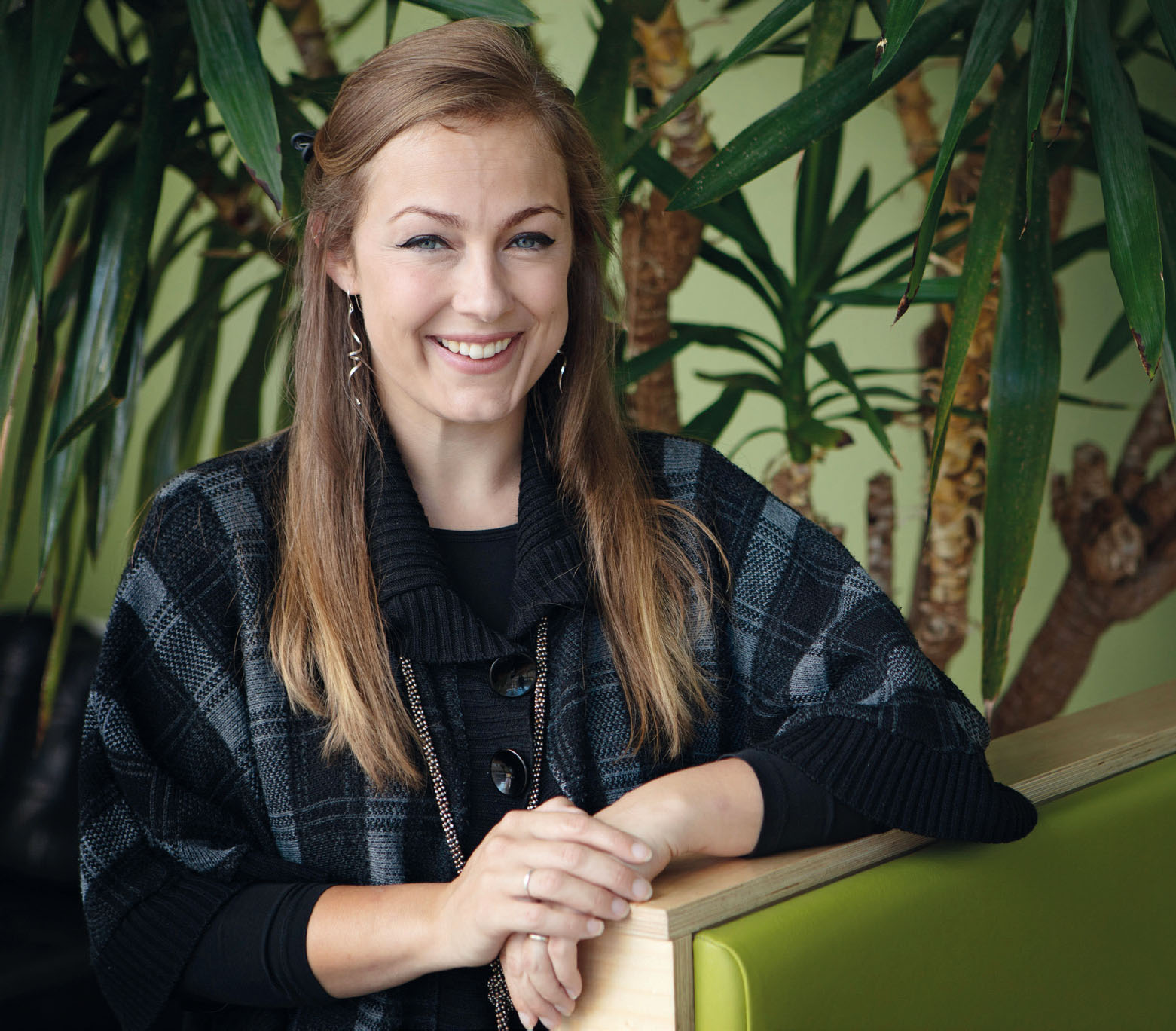The art of rebelling
Dan Clay
Sunday, March 1, 2020
Dan Clay finds out more about the Royal Conservatoire of Scotland's Contemporary Performance Practice BA

JULIA BAUER
There's a rebel in all of us, they say, and, as any teacher will testify, there are certainly a few in the classroom. So, when it comes to higher education choices perhaps those rebellious students might want to think about a course which offers them not just the opportunities to exercise that nature but challenges them to use it for social change.
Theatre with impact
The Contemporary Performance Practice BA (Hons) at the Royal Conservatoire of Scotland in Glasgow aims to develop socially engaged artists who can make a contribution in the world as performance-makers, educators, advocates and active citizens, according to the course interim head, Dr Laura Bissell.
‘The programme is committed to exploring the ecological and social function of performance and how performance can be an act of community,’ she says, ‘The diversity of practices means that students are equipped with multiple skills, not only in performance-making but also in facilitation, working in communities and collaboration.’
‘The rebel concept stems from Guillermo Gmez-Peña's Exercises for Rebel Artists: Radical Performance Pedagogy which we use in the development of personas in the first year of study. The company advocate teaching as an important form of activism and this aligns with the radical pedagogy which underpins learning experiences on the CPP programme,’ says Bissell, ‘The rebel artist is only one way of framing this; we also encourage people who are inquisitive, compassionate and who care about the world, to study on this programme.’
So, what sort of experiences can students expect on such an intriguing programme of study? Over the four years there's opportunity to devise autobiographical work, for community outreach exploration, and performance research, all culminating in a festival degree show.
‘As the student progresses through the programme their learning becomes more autonomous and they begin to clearly define and situate their own arts practice within various contexts,’ Bissell explains, ‘Assignments range from making performance (solo and collaboratively), to creating artist statements, writing a performance analysis, devising and undertaking a performance research project, making a professional portfolio, and many other things – every day is different!’
‘CPP students have made performances in swimming pools, allotments, nightclubs, beaches, woods, building sites, cars, hospices and schools. We collaborate with young people, adults, and people with disabilities, and work with offenders within the Scottish prison system. Our graduates perform their work at the Into the New festival in March then also in the CPP Propel festival in May/June,’ she enthuses.

© ROBERT MCFADZEAN/RCS
Course interim head Dr Laura Bissell
Future opportunities
Given the challenging and social nature of the course it's no surprise that many graduates go on to greater things, be it starting their own performance companies or taking up roles in established settings.
‘Some former students have gone on to roles as artistic directors of national companies such as at the Scottish Dance Theatre or Traverse Theatre in Edinburgh,’ Bissell informs us, ‘Many students have also gone on to doctoral studies as the enquiry-led process encouraged on the programme equips students to undertake practice-research PhDs and there are a lot of graduates making work for young audiences as well as drama teachers and youth theatre leaders all over the UK.’
She adds, ‘There is a real diversity in what students go on to do but most are working in the field of performing arts.’
As for that rebel in all of us, perhaps the one thing the CPP course really encourages in students is to rebel against the usual didactic forms of education they may previously have encountered.
‘Prospective students can expect to be challenged to develop artistically but within a caring and supportive environment,’ Bissell concludes, ‘We offer a range of learning experiences which we hope encourages the student to claim their education and develop their unique arts practice so they can go out and make a difference in the world.’
What the students say:
Graduate of the course, Sanjay Lago, 26: ‘From the course I gained a wider understanding of the areas of work on offer in the arts and a theoretical knowledge I didn't have before. But the biggest thing I got from my time on the course was being able to question and grow in confidence and belief in myself. It gave me the strength and belief that the arts is the right place for a working-class Scottish Indian man. Since graduating I have continued to write and develop my degree show Mein Kaun Hoo? Who Am I?, have returned to acting as well as devising and have gone into schools to devise with pupils.’
Current student, Holly Worton, 21: ‘Contemporary Performance Practice has given me not only skills as an emerging artist but skills as a human being. It creates a space where I can experiment, challenge and gain confidence as a performer, practitioner and a human in a supportive environment. From these observations, interactions and questions, I make performance that highlights a need for social change. I can graduate with confidence knowing I have a support network and opportunities as an artist.’

